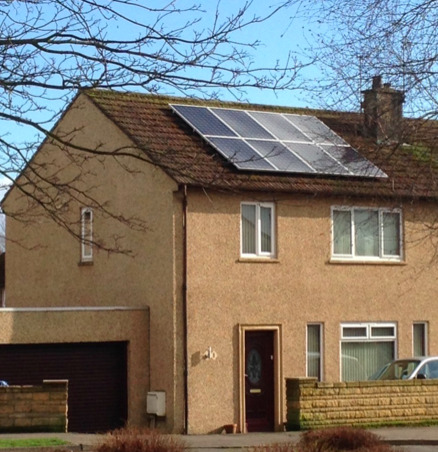The Green Deal was “far too ambitious” in its policy aims and was a good idea that was “poorly implemented”, an Energy and Climate Change Select Committee hearing has heard.
The select committee heard evidence from a variety of industry stakeholders this morning on the subject of energy efficiency and demand reductions measures, and the damning indictment on the now-axed Green Deal was given by David Princep, environmental health consultant for the Residential Landlords Association.
Princep concluded that as a ‘pay as you save’ financial product the Green Deal was only ever going to be attractive for a niche audience and, as a result, its targets as a policy were “far too ambitious in hindsight”.
Peter Fleming, leader of Sevenoaks District Council and member of the Local Government Association’s environment, economy, housing and transport board, revealed that 85% of local councils received little or no demand for the Green Deal from local residents, highlighting how poorly it was received by the general public.
Fleming compared this to the comparative success of the Warm Front programme, which provides up-front grants for insulation or heating improvements and which Fleming said offered far more flexibility than the Green Deal.
Joanne Wade, director at the Association for the Conservation of Energy, agreed, claiming that the Green Deal was a hard sell for installers because, due to the nature of the scheme, customers had little idea of the eventual cost.
Wade said that the long repayment terms associated with the financial package had put potential customers off and urged that its replacement, which energy secretary Amber Rudd has said would be forthcoming early next year at the latest, would need to offer customers “much more freedom” over the terms of the deal.
This morning’s evidence largely tallies with previous select committee hearings on the subject, during which Energy Savings Trust chief executive Philip Sellwood concluded that the Green Deal had “run its course” and any mention of it had become “toxic”.





